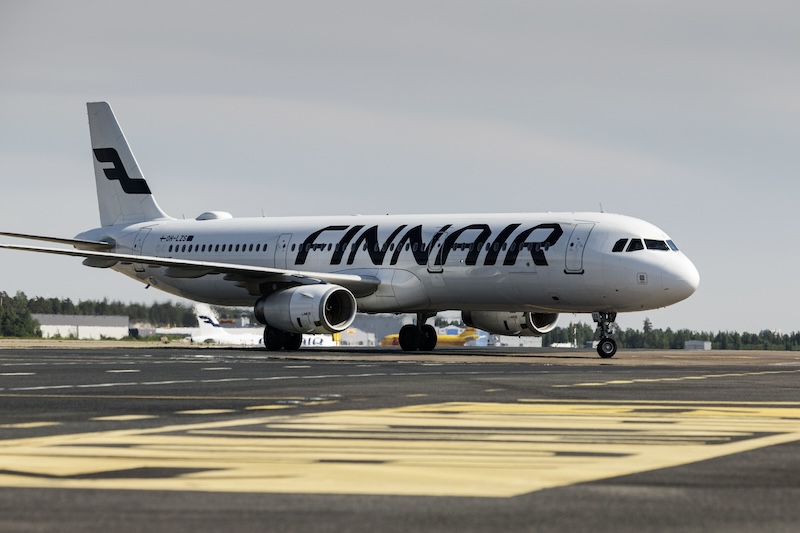Tobacco Giants KT&G and Altria Jointly Acquire European Nicotine Pouch Companies

South Korean tobacco company KT&G has entered into a memorandum of understanding with American tobacco giant Altria to pursue long-term growth opportunities across international markets and adjacent product categories. The partnership aims to leverage the complementary strengths of both companies in innovative nicotine and non-nicotine products, with a particular focus on expanding their presence in the rapidly growing modern oral nicotine segment.
As an initial step in their collaboration, the two companies are jointly acquiring European nicotine pouch manufacturers. Through a Special Purpose Company established in Sweden, they will acquire 100% stakes in ASF AB Co., Ltd., a nicotine pouch production and sales company, and ASF AS Co., Ltd., a nicotine pouch sales company. The acquisition amount totals approximately 1.76 billion Swedish krona (around 262.4 billion Korean won).
The joint acquisition targets the high-growth nicotine pouch market, allowing KT&G to rapidly expand its next-generation tobacco portfolio and strengthen new growth drivers. The partnership will explore opportunities to collaborate on expanding the global demand for nicotine pouch products, including potential expansion of the on! and on! PLUS product portfolio to select countries, as well as strategic transactions in the modern oral space.
Beyond nicotine products, the collaboration extends to non-nicotine segments through KT&G's subsidiary, Korea Ginseng Corporation (KGC), which will jointly explore opportunities with an Altria subsidiary in the health functional foods sector. KT&G has set ambitious growth targets, aiming for double-digit growth in revenue and operating profit for the year, buoyed by strong global performance that has seen five consecutive quarters of triple growth in revenue, operating profit and sales volume.


